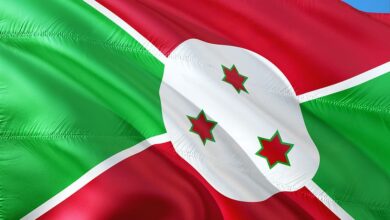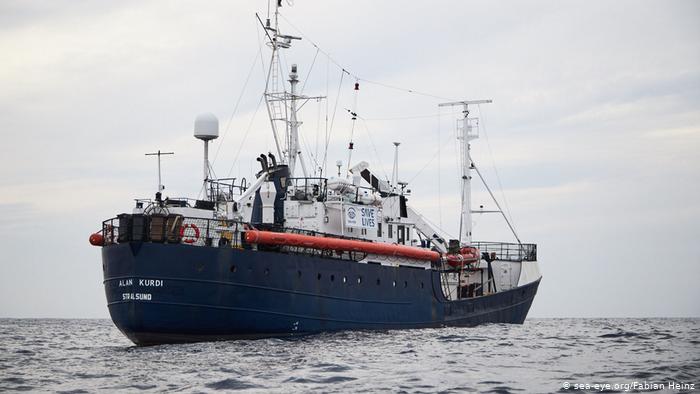Burundi supports Egypt’s quest to defend its rightful share of Nile water resources, announced the Republic of Burundi’s Deputy President Gervais Rovkiri on Monday.
At a joint press conference with Egyptian Prime Minister Ahmed Nazif, Rovkiri emphasized "the need for continued dialogue and negotiation with Nile Basin countries to reach an agreement that takes their interests into account.”
Burundi was fully aware of the importance of Nile waters for all Nile Basin countries as well as its importance to Egypt, added Rovkiri.
Nazif thanked the Burundi’s government for supporting Egypt and calling for the need to reach a consensus before signing the Nile Basin Cooperative Framework Agreement.
Nazif said Egypt is still working with basin countries to achieve development goals despite differences over the water issue. He added that Egypt and Burundi have agreed on the need for constructive dialogue with basin countries in order to reach an agreement that benefited development for all.
Rovkiri met with President Hosni Mubarak on Monday morning to discuss the issue of sharing water resources. Observers note Cairo’s fears that Burundi's accession to the agreement signed between the five source countries will lead to a re-division of the Nile waters. Egypt claims the agreement does not account for its historical rights in the river.
Ethiopia, Uganda, Rwanda, Tanzania and Kenya signed a water treaty in April that divided Nile River waters in Entebbe and Uganda, despite Egyptian and Sudanese boycotts. Cairo announced that the agreement was unbinding and that it would not accept a deal that re-divided Nile waters but failed to guarantee its historical rights.
Ethiopia, Uganda, Rwanda, Tanzania and Kenya signed a new water treaty to divide the of Nile River waters in Entebbe, Uganda in April, despite the Egyptian and Sudanese boycott prompting Cairo to announce that the agreement was not binding and that it would not accept an agreement to re-divide the Nile waters if it does not guarantee their historical rights.
Translated from the Arabic Edition.




